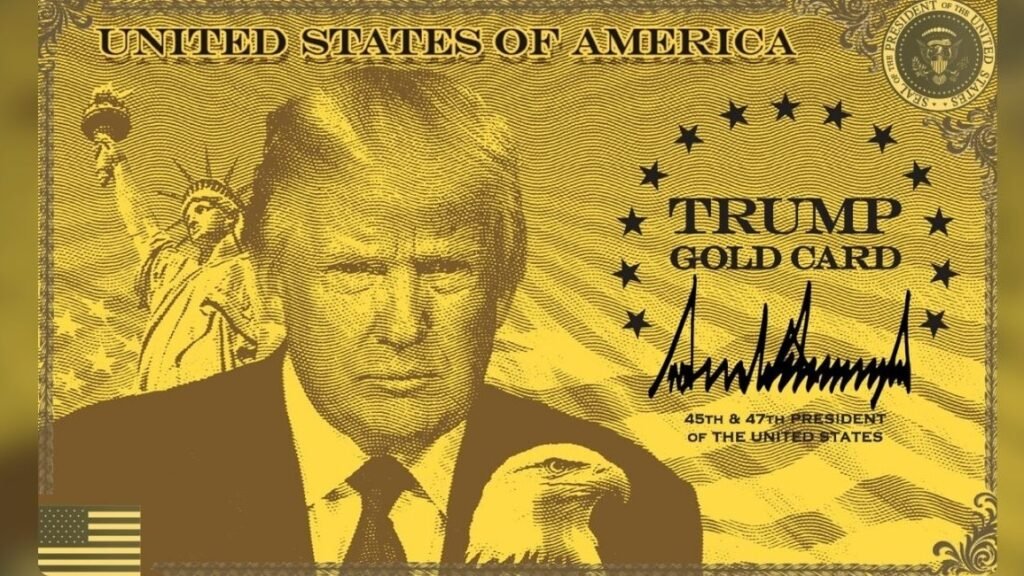On Friday, President Donald Trump unveiled sweeping changes to the U.S. visa system, introducing two new residency schemes: the “Trump Gold Card” and “Platinum Card.” The announcement also includes a significant fee hike for H-1B visa applications, with a $100,000 surcharge.
Trump signs executive order for visa overhaul
President Trump signed an executive order in the Oval Office on Friday, September 19, 2025, launching the “Trump Gold Card” and “Platinum Card” visa programs. The initiative aims to bring in billions of dollars in revenue, according to U.S. Commerce Secretary Howard Lutnick, who joined Trump at the announcement.
Details of the Trump Gold Card and Platinum Card
Trump revealed that the Gold Card, priced at $1 million, will allow applicants to obtain U.S. residency after vetting and processing fees. The Platinum Card, priced at $5 million, provides holders with a unique benefit: the ability to stay in the U.S. for up to 270 days annually without paying taxes on foreign income. “We expect these changes to generate more than $100 billion,” said Lutnick, emphasising the program’s potential to boost government revenue.
While the Gold Card is already in effect, the Platinum Card will require congressional approval, which Lutnick predicted could happen later this year. Revenue from both cards will be deposited into a separate treasury fund aimed at supporting American commerce and industry.
Gold Card to replace existing visa categories
In an effort to streamline immigration for high-value individuals, the Gold Card will replace the current EB-1 and EB-2 visas for foreign nationals with extraordinary or exceptional abilities. Trump also noted that businesses can buy into the program through a “Trump Corporate Gold Card,” which costs $2 million per employee and can transfer residency access across multiple workers.
“We’re going to raise billions of dollars, which will go toward reducing taxes, paying off debt, and other good projects,” Trump said, signing the executive order.
H-1B visa fee increase to address systemic issues
A key aspect of the overhaul includes a $100,000 fee for all H-1B visa applicants, aimed at reducing abuses of the program, which is designed to bring skilled workers into specialised fields. This fee, Trump explained, will ensure that applicants meet the required criteria. While the new policy could affect Indian professionals working under the H-1B visa, it also includes exemptions for cases deemed to be in the national interest.
Criticism of the H-1B visa system
Critics of the H-1B program have long argued that it admits workers who earn below the average American income, a point that Lutnick highlighted, adding, “The U.S. has historically taken in the bottom quartile of global workers, which is illogical.” Trump, defending the new fee, argued, “These companies are going to pay a lot of money for this, and they’re very happy about it.”

